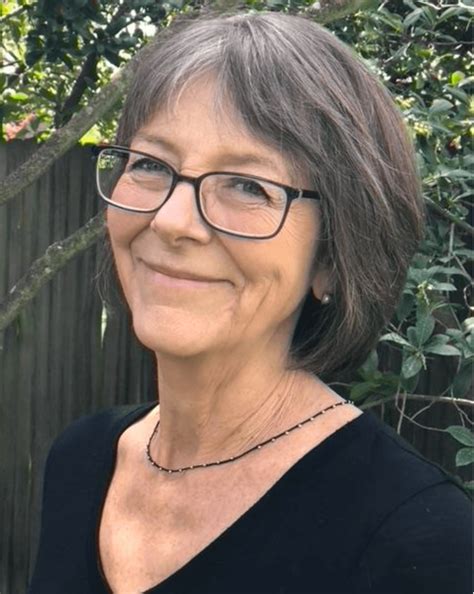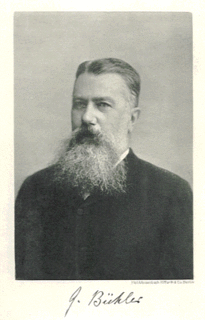A Quote by Marilyn Chandler McEntyre
One function of the imagination in autobiographical writing is to allow the writer to try out different versions of the self.
Related Quotes
Years and years of talking and writing versions of the script [Sausage Party] and looking at various versions of the animations - I mean, it's really a lot of workshopping and trying different things, and using the cast to try different voices and characters. And that's the good thing about animation. Because it takes so long, it allows you to explore in a way that you can't in live-action movies.
The process of writing can be a powerful tool for self-discovery. Writing demands self-knowledge; it forces the writer to become a student of human nature, to pay attention to his experience, to understand the nature of experience itself. By delving into raw experience and distilling it into a work of art, the writer is engaging in the heart and soul of philosophy - making sense out of life.
I try to tell student writers to read as much as possible, not only literature but philosophy, theory, and to form obsessions. There's a big taboo in fiction creative writing workshops against using the self at all, and I think I try to encourage students to write the self, but to connect the self to something larger, which is to be this thinking, seeing, searching, eternally curious person, and that writing can come out of investigating and trying to understand confusion, and doubts, and obsessions.
It's the pool where we all go down to drink, to swim, to catch a little fish from the edge of the shore; it's also the pool where some hardy souls go out in their flimsy wooden boats after the big ones. It is the pool of life, the cup of imagination, and she has an idea that different people see different versions of it, but with two things ever in common: it's always about a mile deep in the Fairy Forest, and it's always sad. Because imagination isn't the only thing this place is about.
With The Help, I knew folks involved in the project peripherally. I wanted to audition for Hilly Holbrook and part of the initial feedback was: "No, Bryce is too nice." That's part of the reason why I really love auditions as well - you get to try out a character and try out different versions of a character.

































